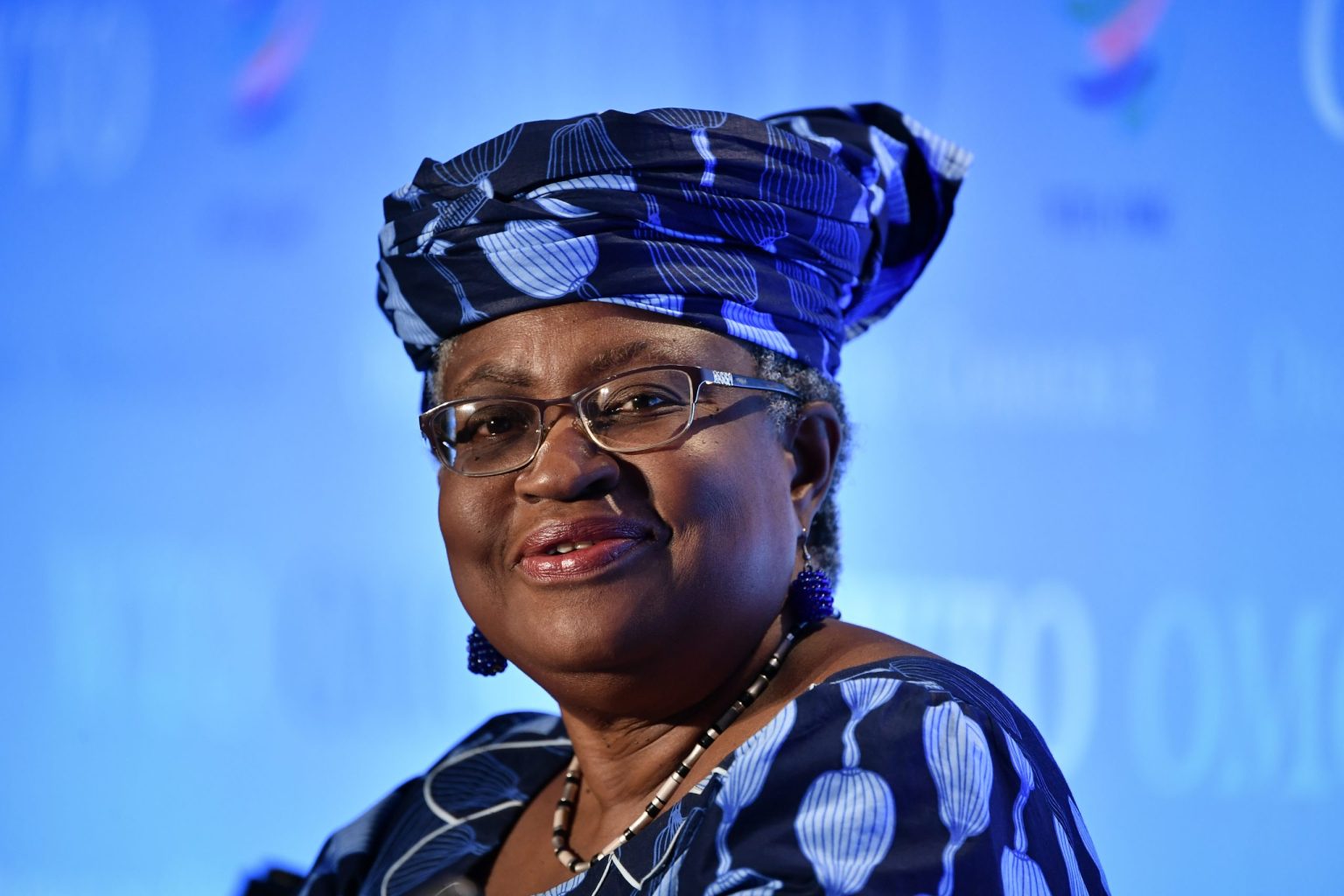During the recent Trade and Environment Week in Geneva, Ngozi Okonjo-Iweala, the Director-General of the World Trade Organization (WTO), emphasized the critical need to significantly increase renewable energy production and improve energy efficiency by the year 2030 to align with the Paris Agreement’s objectives on climate change. She pointed out that we are at a crucial juncture where trade policies can act as powerful drivers of environmental sustainability. Okonjo-Iweala highlighted that adjustments in trade mechanisms, such as modifying tariffs that favor fossil fuels over renewable energy sources, could lower costs and enhance the uptake of low-carbon technologies. She also discussed the importance of reforming fossil fuel subsidies, which could lead to innovation and a reduction in emissions, outlining that trade policy has the potential to standardize certification processes necessary to support the broader deployment of renewable energy.
In her video message, Inger Andersen, the Executive Director of the United Nations Environment Programme, stressed the urgent need to confront climate change and the dire implications of rising global temperatures. She asserted that greenhouse gas emissions must be drastically reduced as soon as possible, reinforcing the role of renewable energy as a crucial measure in combating climate change. Andersen called for responsible and circular development approaches regarding critical minerals used in renewable technologies, emphasizing the need for trade policies that foster responsible mining practices. These policies should protect local communities and ensure that the benefits derived from natural resources are equitably distributed throughout the value chain.
Celeste Saulo, Secretary-General of the World Meteorological Organization, contributed her insights by urging that climate information be integrated into every policy related to the green energy transition. She underscored the necessity of coordinated international efforts to share climate data, facilitate the transfer of technology, and build climate-resilient infrastructure to guarantee the dependability and sustainability of global renewable energy systems. Saulo’s remarks highlighted the interconnectedness of policy-making, climate resilience, and the transition to renewable energy sources, suggesting that informed decision-making is vital for achieving lasting solutions.
Francesco La Camera, Director-General of the International Renewable Energy Agency, echoed the call for aligning trade policies with the clean energy transition, noting that the current momentum of change is inadequate to meet worldwide climate targets. Although renewable energy is now the most economically viable energy source globally, La Camera pointed out that existing market structures still heavily favor fossil fuels. He advocated for immediate reforms such as lowering tariffs on renewable energy technologies and creating international standards for environmental goods and services. La Camera warned that without a swift transformation in our energy production and consumption patterns, future climate negotiations could present the last viable opportunity to retain the goal of limiting global warming to 1.5 degrees Celsius.
Chile’s Ambassador, Sofía Boza, also contributed to the discussions by asserting that trade and environmental policies not only can coexist but must synergize to fulfill sustainability objectives. She expressed that trade plays an essential role in granting access to vital technologies necessary for the clean energy transition, positing that this transition offers substantial opportunities to diversify economic structures and enhance the value of exports. Boza’s insights reinforced the idea that strategic trade policies can foster an environment conducive to innovation and sustainable development, ultimately benefiting both economies and the environment.
In summary, the dialogue during the Trade and Environment Week underscored a collective understanding of the urgency to shift trade and energy policies towards supporting renewable energy initiatives as a response to climate change. Global leaders emphasized that aligning trade policies with the clean energy transition is essential not only for reducing emissions but also for fostering economic growth and sustainable development. Without significant reforms in trade and energy practices, there is a growing concern that the world may miss critical climate targets. The insights shared at this event illustrate a unified call for innovative approaches to trade and environmental governance that meet contemporary challenges while ensuring a sustainable and equitable future.


